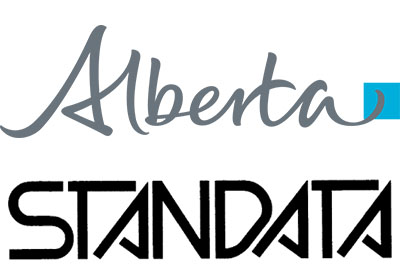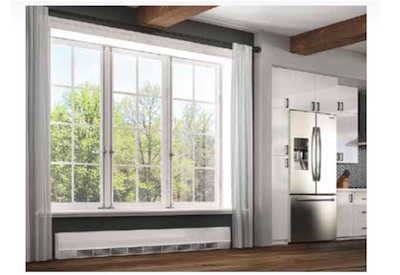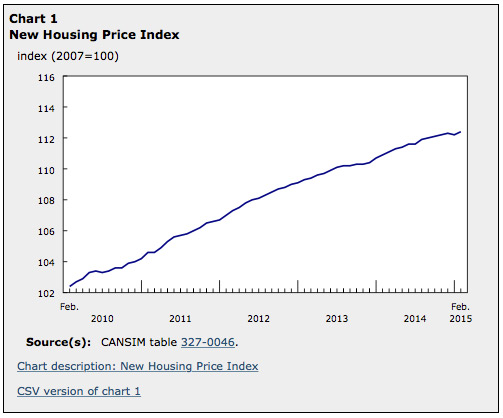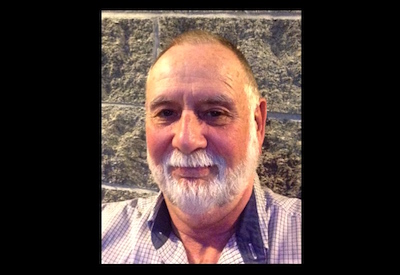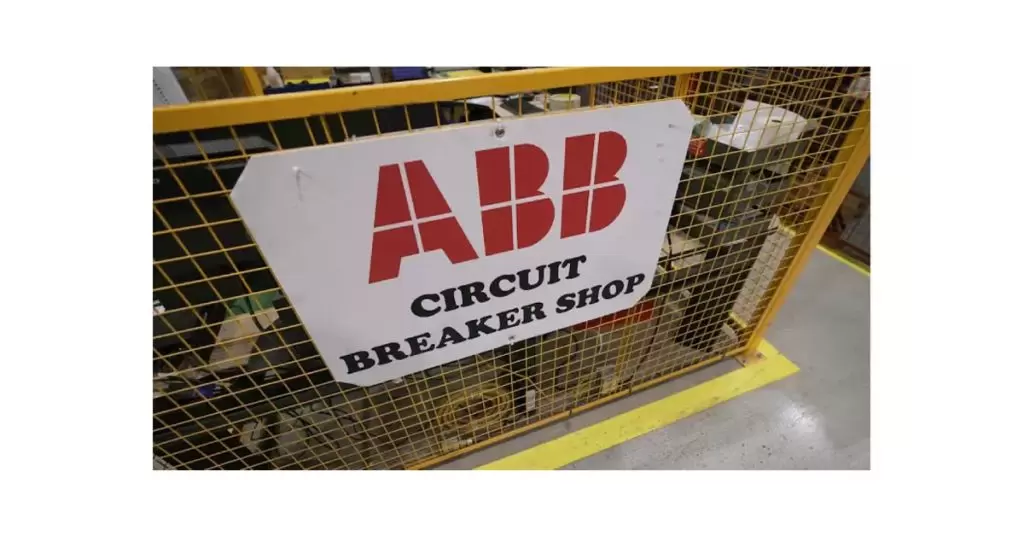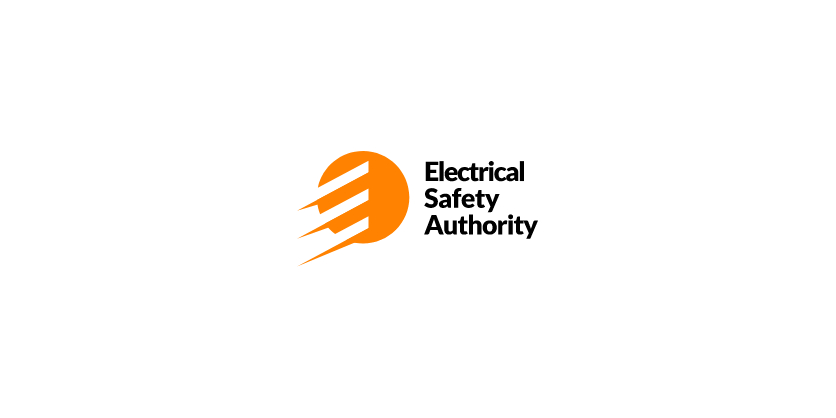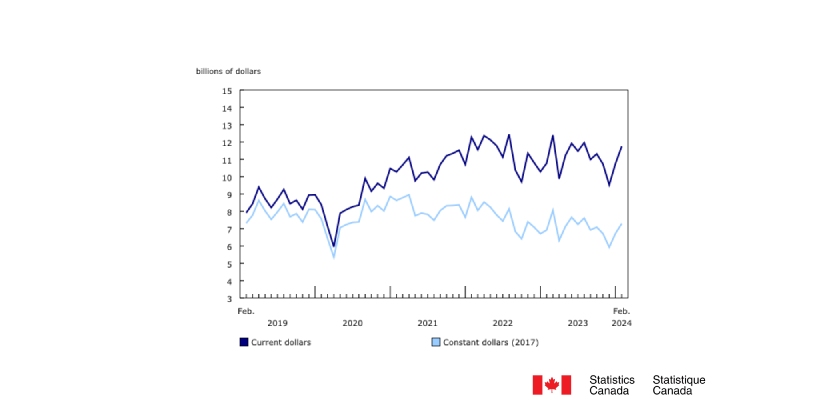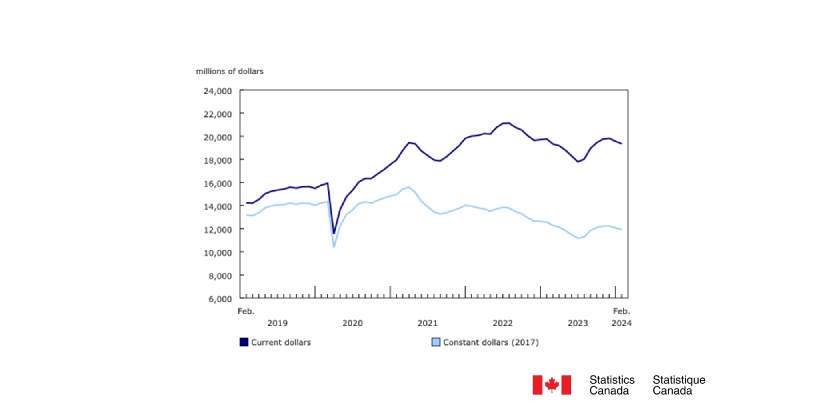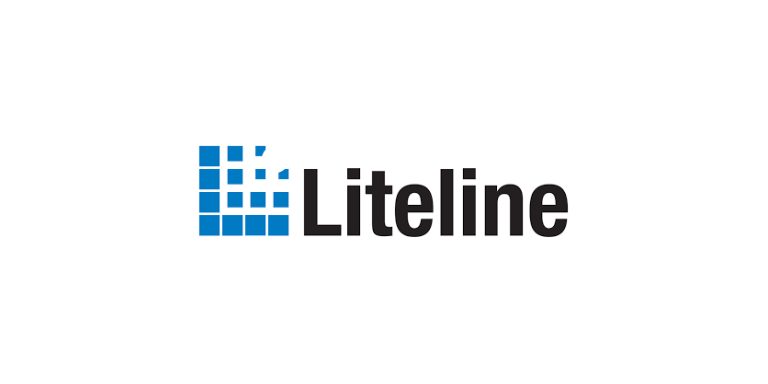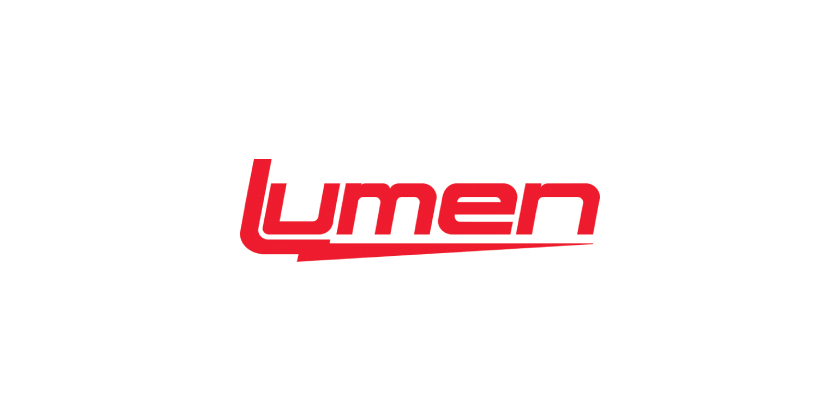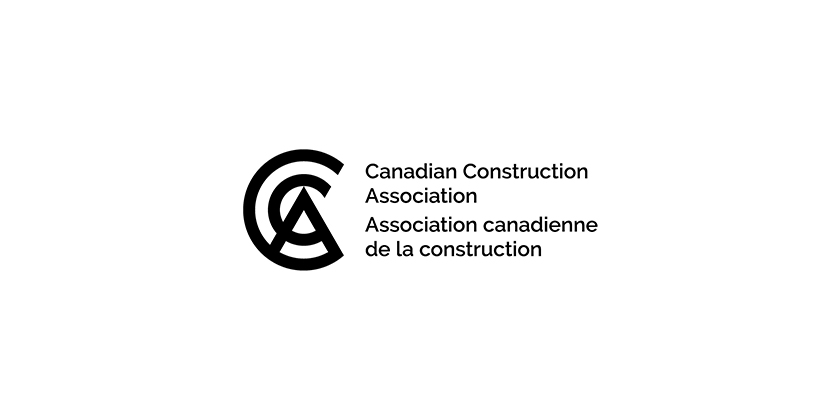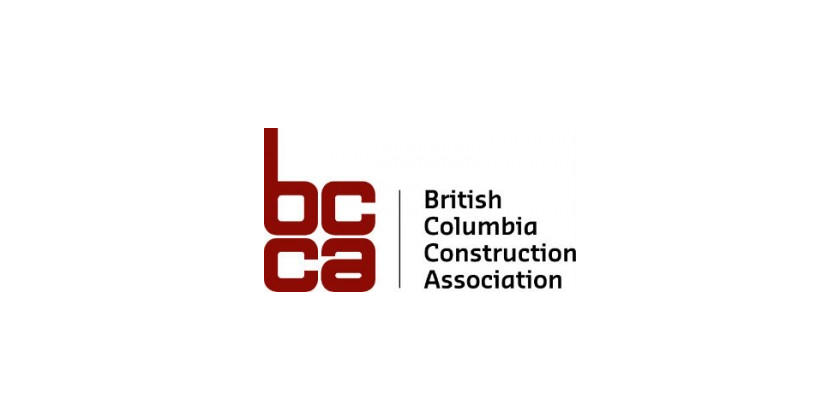Lind Equipment’s New Apollo UVC LED System Proven to Kill SARS-CoV-2

Dec 10, 2020
Newly developed LED decontamination technology from Lind Equipment has been proven to kill the SARS-CoV-2 virus. Lind’s Apollo UVC LED system is the first Canadian-designed UVC LED system proven effective against the virus that causes COVID-19. The development paves the way for rapid, portable decontamination of shared spaces such as medical facilities, long-term care homes, and high-traffic public spaces, all at the flick of a switch.
Western University’s ImPaKT lab tested the Apollo UVC LED system and found that, at a dose of only 10mJ/cm2, the Apollo UVC LED system killed at least 99.99% of the SARS-CoV-2 virus. The one-of-a-kind facility Imaging Pathogens for Knowledge Translation (ImPaKT) facility combines PHAC certified containment level standards (CL2+ and CL3) with advanced in vivo imaging modalities.
Lind’s UVC LED lights can be mounted on a wall, hung from a ceiling or arranged on panels or stands. They plug into a standard outlet, can be turned on or off instantly, and come standard with a 360o microwave sensor to protect people that come too close to the UVC light. The lights can decontaminate surfaces and air in minutes, making them suitable for daily use in such settings as construction, retail, gyms, restaurants, offices, classrooms, aircraft and public-transit vehicles.
In addition to being a proven method to kill SARS-CoV-2, the Apollo UVC LED system is extremely flexible and can be incorporated into other devices to provide different form factors and intensity levels to meet specific industry needs. The Apollo UVC LEDs have no bulbs to break or glass to shatter, and they can be arranged in a virtually unlimited way to deliver the exact dose needed. While other UVC decontamination products rely on outdated and mercury-containing bulb-based technology, the Apollo UVC LED system is more durable, flexible, and energy efficient.
“We’ve always said that ‘Design Matters’ here at Lind Equipment,” says CEO Sean Van Doorselaer, “and so when we sought to be helpful in fighting this pandemic we strove to build a powerful and flexible UVC LED system that could be the engine in a whole host of virus-killing solutions.”
To put these results in context, a standard 50W Apollo UVC LED decontamination light can reach the 10mJ/cm2 dose required to kill 99.99% of SARS-CoV-2 within 30 seconds at a two-foot distance and in less than 8 seconds from one foot away. Alternative designs using the Apollo UVC LED system can scale up or down from there depending on the requirements.
“This test verifies that our Apollo UVC LED decontamination system can be a powerful tool to kill SARS- CoV-2 whether in the air or on surfaces,” says Brian Astl, President of Lind Equipment. “This proven strong performance will allow many industries to make their shared spaces safer both in this pandemic and beyond as they look to a broader infection control mandate.”
The Apollo UVC LED system can be deployed across many applications and form factors. The design of the system is such that the intensity and range of the UVC can be quickly altered for the decontamination problem it is solving. Lind Equipment has developed the Apollo UVC LED system into decontamination conveyors, retrofit kits for locker decontamination, and a casino chip cleaner to name a few.
In addition to its own suite of Apollo branded UVC decontamination products, Lind Equipment has worked with other businesses to create specific solutions for their unique needs. Examples of these original equipment manufacturer (OEM) uses of the Apollo UVC LED system include the CleanBotTM UVC decontamination robot designed by CrossWing (a leader in autonomous robots) and the CleanRideTM UV- CTM patent pending vehicle decontamination system from Team Eagle (a leader in equipment and software for airfield management and maintenance).
Moreover, the Apollo UVC LED decontamination light has been granted numerous special honors, including a Pro Tool Innovation Award for Workplace Safety, and an Excellence Award for Innovation in Industrial Hygiene at Canada’s Safest Employers Awards.
About UVC decontamination
Ultraviolet (UV) light is a form of light, invisible to the human eye that exists on the electromagnetic spectrum between x-rays and visible light. We are exposed to low levels of UV light from the sun’s rays every day, although much of the UV energy is absorbed by the ozone layer.
There are three types of UV light: UVA, UVB and UVC. While UVA and UVB wavelengths reach the surface of the Earth, UVC light is blocked by the ozone layer. Recreated on Earth using technology like the Apollo UVC LED system, UVC light uses short-wavelength ultraviolet radiation to effectively kill microorganisms by penetrating the cells and damaging the nucleic acids within. This renders bacteria and viruses inactive and unable to survive.
Photo source: Fusion Medical Animation


